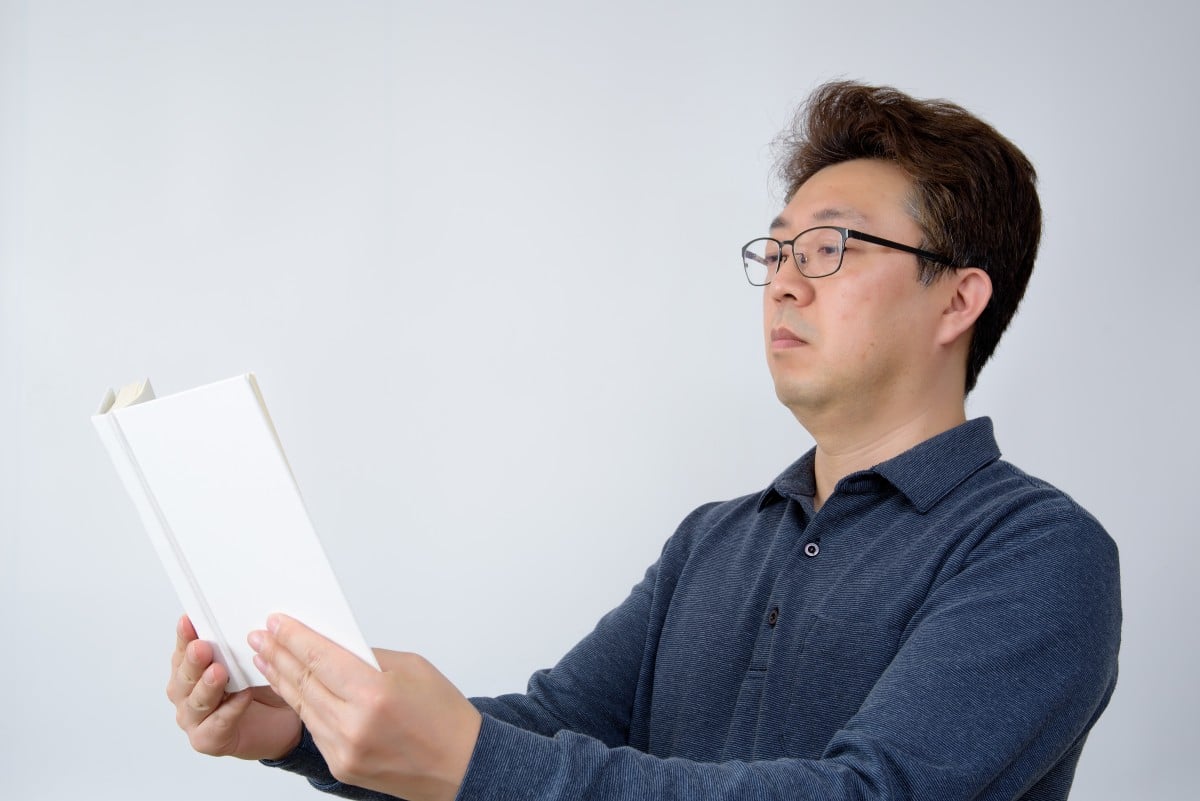When you visit Korea, you will notice that many people are called Ahjumma and Ahjussi. But what do these terms mean?
Ahjumma is a term used to refer to an older woman, something equivalent to Mistress. Ahjussi is the male equivalent. These terms are often used in Korea.
The terms Ahjumma and Ahjussi are used to show respect to someone older than you. In Korean culture, age is respected and these terms are used to show that respect.
If you are ever in Korea, be sure to use these terms when talking to someone older than you. It is a sign of respect and will be appreciated.
We also recommend reading:
- Korean Honorifics - Oppa, neem, Seonsaeng and others
- What Does Oppa Mean in Korean?
- Saranghae - Several ways to say love in Korean
Índice de Conteúdo
What does Ahjumma mean?
The word Ahjumma (아줌마) is derived from the Korean word for “aunt” (아주머니). It is used to refer to an older, usually married, middle-aged woman.
Ahjumma can also be used to refer to a woman who is not related to you but who is older than you.
If you are looking for a more polite and formal term to refer to an older person, with no degree of intimacy, you can use the ajumeoni alternative.
Since 1910, people have started calling any married woman an ajumeoni or ajumma. You can use ajumeoni (아주머니) to be more polite in most cases.
Ajumma can also indicate a relentless woman devoted to her children, both negatively and positively.
Read also: How do Koreans find their perfect match? relationship in korea

What does Ahjussi mean?
The word Ahjussi or Ajeossi (아저씨) is derived from the Korean word for “uncle”. It is used to refer to an older man, usually married. Someone middle-aged in their 40s to 50s.
Ahjussi can also be used to refer to a man who is not related to you but who is older than you.
When used as terms of affection, Ahjumma and Ahjussi are often followed by the person's name. For example, a wife might call her husband Ahjussi Kim, and a mother-in-law might call her son-in-law Ahjussi Park.
When children say Ahjussi or Ajumma, it is socially acceptable, but it can be insulting if an adult directly refers to someone in this way.
We also recommend reading: Korean Alphabet – Introduction to Hangul

Other Korean Respect Treatments
One should not always call an older person Ajumma, Ahjussi or Ajumeoni and variants. There are forms of treatment for different situations.
If you're talking to a middle-aged waitress at a restaurant, the most appropriate term is emo (이모) which means aunt.
The word Eomeoni is used to refer to an older woman, it can be used to refer to the mother of a school student. This word is derived from the Korean word for “mother”, so the term is more appropriate.
The word Appa is used to refer to an older man. This word is derived from the Korean word for "father", so its common usage is when calling a person's father.
The same can be Halmoni for grandmother, Harabeoji for grandmother, are derived but polite words to refer to older people related to someone else.
Read also: Origin and Meaning of the Korean Finger Heart
You can use the person's name followed by the titles above to talk about someone's mother, someone's grandmother, and so on.
There are a few other words used to refer to an older woman or man, but these words are not as commonly used.
The word Yena derived from wife, the word Jeonja derived from husband. Both words can be used to refer to someone's wife after the name.




